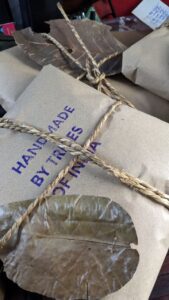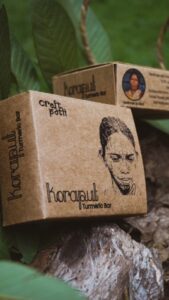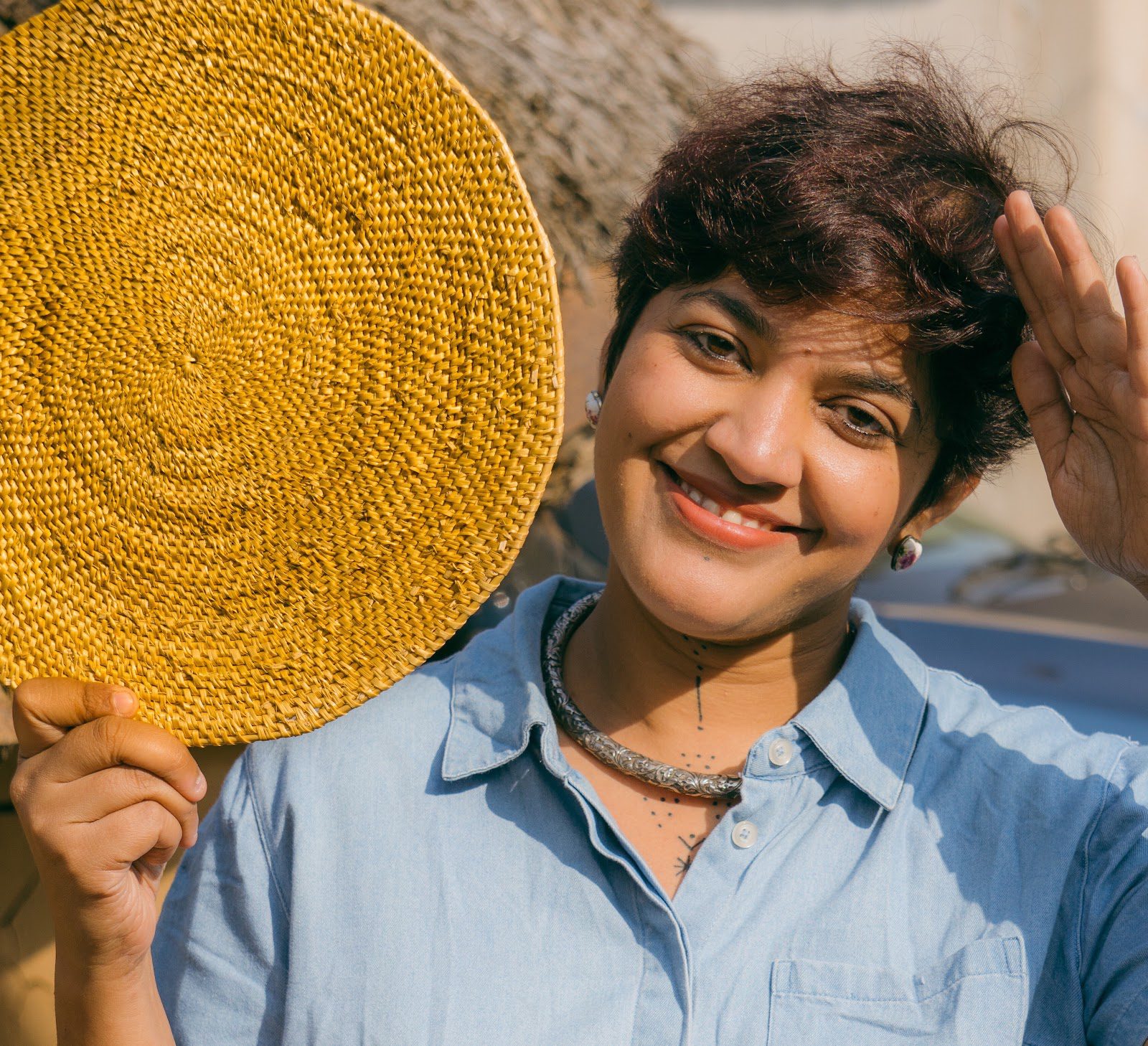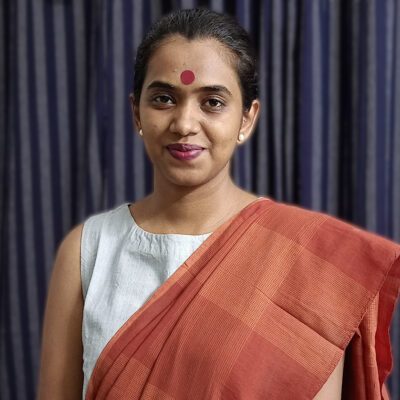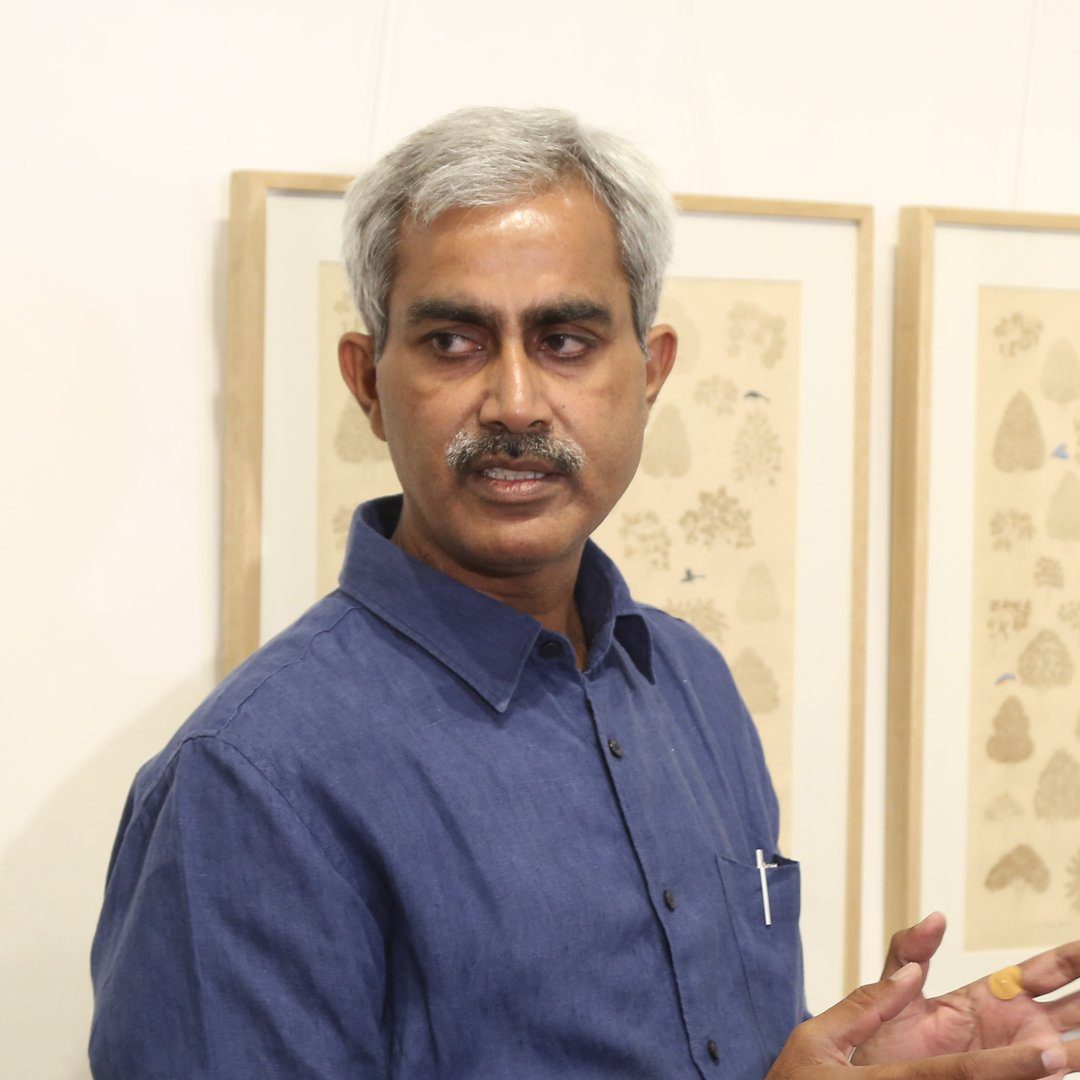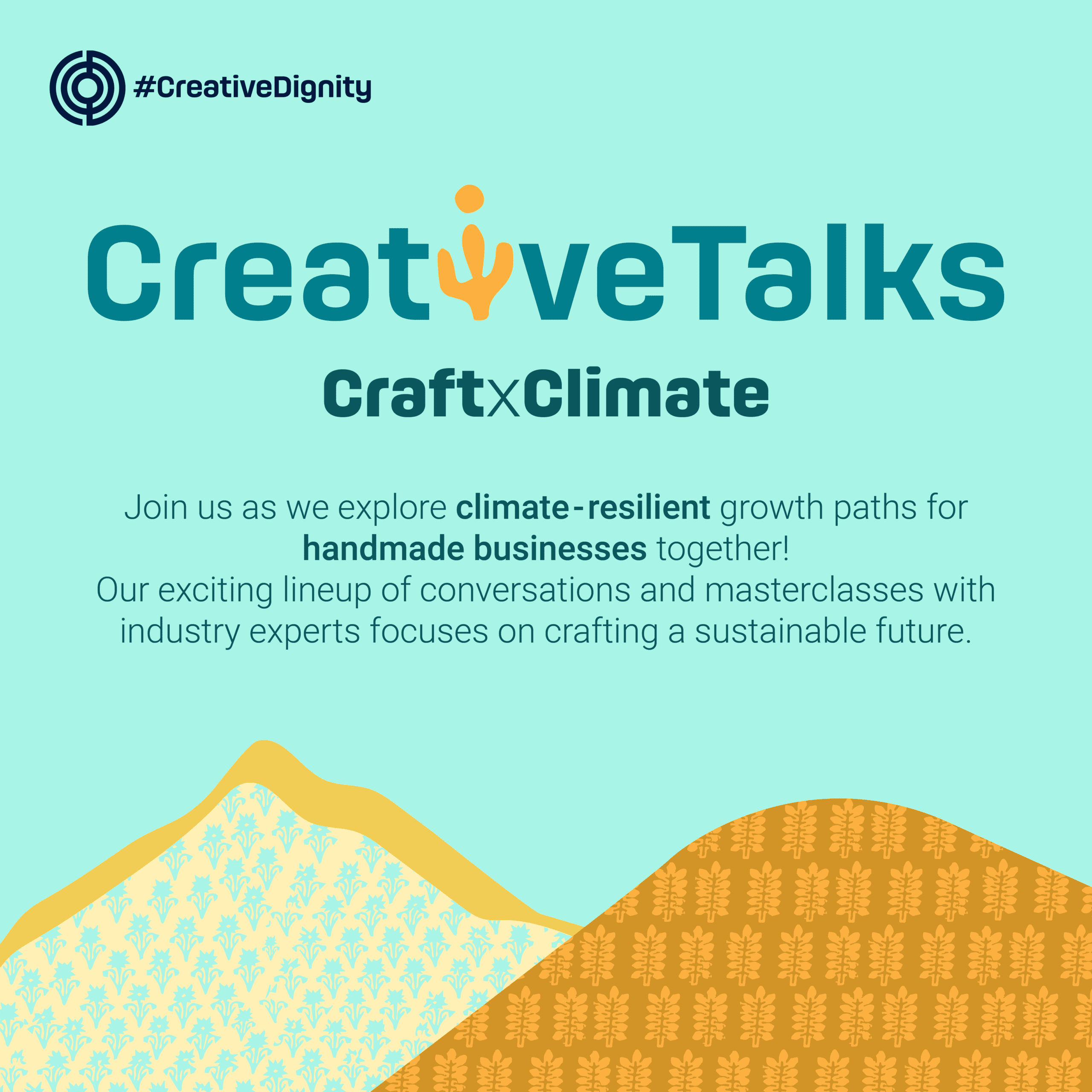Creative Dignity took ‘CraftxClimate’ series to International Crafts Summit Jajpur on 13th January 2023.
The session was titled ‘Roots of Resilience: Indigenous Knowledge Systems in Sustaining Craft Traditions’ and the conversation mapped three distinct bio-regions inhabited by indigenous communities and discussed the role impact champions and dynamic social enterprises play in igniting resilience, relevance and cultural healing within these communities to cope with modern economies.
The panel was moderated by Surucchi Khubchandani, curator, CraftxClimate, Creative Dignity with speakers Madan Meena, Trustee, Bhasha Research and Publication Centre, Vadodara and Director of Adivasi Academy, Gujarat; Kavya Saxena, Social Entrepreneur, Craftpotli and Rural Content Creator and Tejashwini Yalawar, Kosala Livelihood and Social Foundation, a Hindalco Initiative by Aditya Birla Group.
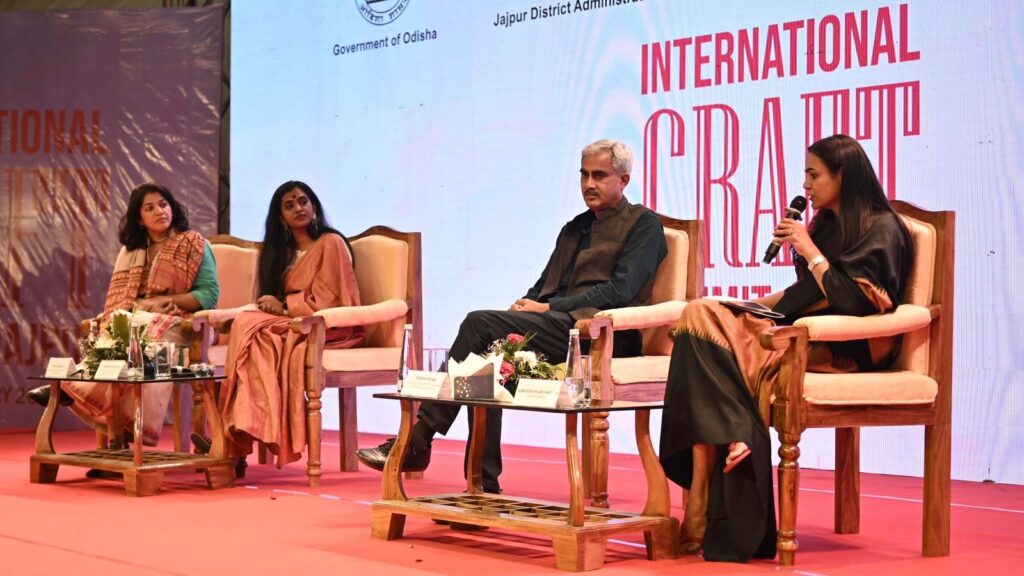

This blog post highlights the context and some of the key takeaways from this discussion.
Relationship between Indigenous Systems and Ecology
The speakers represented three bio-regions and the matrix of respective communities, geographies, regional assets and material cultures. The concept of Geographical Indications (GIs) by the Government of India institutionalises this place-based material and cultural context.
Madan Meena shared that the idea of indigeneity is embedded in history, politics and identity. More than 100 nomadic communities and their sub-castes practice their own languages which is preserved in these zones much like the concept of GI and the indigenous craft belonging to the said region.
Bio-regions are also understood as ethno-culture zones. Indian folklorist Komal Kothari gave this word to different zones and in Rajasthan, these zones are divided by food, ecology, culture, languages, musical traditions even grasses. Bio-zones are models of sustainability and if we delve in history, these have helped in preserving cultures, ecology through generations.
To illustrate this point, Madan provided insights into the practices of the tribal Kuchbandhia women, a sub-caste within the broader Kanjar community residing across western and central India. Their traditional craft involves crafting a unique brush, known as “kuchi,” using the roots of the Khus-Khus plant abundantly found in neglected landscapes. These brushes play a crucial role in the craft economy, example for Kaithun weavers in Kota and weavers in Benaras, where they are indispensable for applying starch (mandi) to prepare yarn for warping. In the initial process, the roots of the Khus-Khus plant are skillfully utilized to fashion the brush, while the stems are repurposed to create reeds used in the loom. However, the use of natural materials in the latter has undergone a transformation, with wire reeds replacing the traditional plant-based reeds.
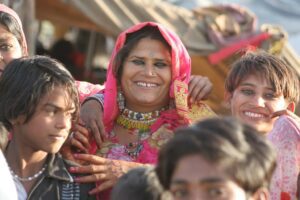

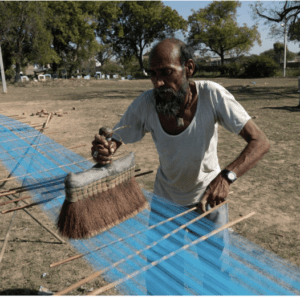

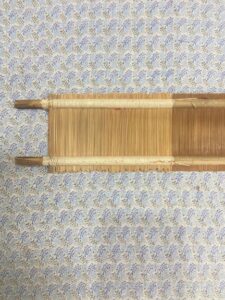

Another panelist, Kavya Saxena, a social entrepreneur originally from an urban-corporate background, made a pivotal decision to relocate to Koraput, a forest range in Southern Odisha in August 2021. Odisha, she mentioned has highest number of Particularly Vulnerable Tribal Groups (PVTG) out of which 6 are in Koraput. And against this fragile climate, she underscored the importance of sensitising to the varied geography, regional assets, and diverse communities as a foundational prerequisite for envisioning and implementing business solutions within the bio-region.
Bridging Extractive and Regenerative Models through Craft
The third speaker, Tejashwini Yalawar spoke about a unique transformative model she drives, a social enterprise ‘Kosala Social and Livelihood Foundation’ incubated by Hindalco, an Aditya Birla Group company. Hindalco, a mining organisation in many Indian states including Chhattisgarh initiated ‘Sustainable Mining Charter’ in 2017 to necessitate a holistic approach to sustainability that encompasses a variety of areas, like sustainable mining practices, energy conservation, recycling, socio-economic development of the communities around mining locations.
Under economic development, Kosala formalises the reeling and weaving cluster, working with the indigenous Dewangan community. Tejashwini highlighted the challenges of entering a native ecosystem to cut through the middlemen culture, trust-deficit as well as re-introducing indigenous techniques like thigh reeling, natural dyeing. Employing equity through engaging the local community as employees to lead artisans’ onboarding and driving operations as well as building fair wage and social security elements within the working model are some tools used by Kosala.
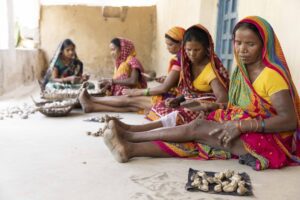

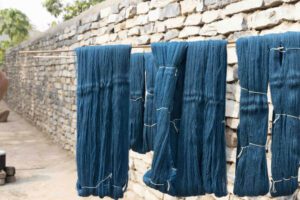

Scaling Tribal Economies
In her venture based in Koraput, Kavya established a new value chain using the surplus wild turmeric abundant in the Adivasi habitat. Hand pounded and naturally sun-dried by the Kondha women from Koraput, it transforms into bathing bars, providing a circular economic solution that empowers the Kondha women, fostering financial independence within their community.
While Kavya achieved success with regular and bulk orders from organizations like the UN, she faced a dilemma when contemplating scaling up production. The challenge lay in harmonizing the expansion with the Adivasi lifestyle, characterized by seasonal engagements, including spending summers in the forests and cultivating seasonal agro-forest produce, an anti-thesis of monocultured farming practices. Addressing this conundrum, Kavya advocated for a non-disruptive business approach, suggesting strategies such as demand forecasting and diversification of products based on other locally grown resources like coffee or even coffee waste.
This approach extends beyond turmeric, as exemplified by the iconic Kapdaganda shawls of the Dongria Kondha tribes, boasting a Geographical Indication (GI) tag. The shawls’ motifs intricately narrate the biodiversity and non-invasive characteristics of the region. Kavya emphasized on the necessity of respecting circular economic principles when devising economic models in indigenous regions.
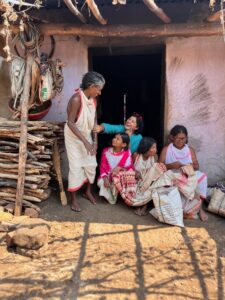

Understanding Crafts in alignment with SDG Goals
Several global creative economy models presented at International Crafts Summit Jajpur by participating speakers from cultural cities across the globe underlined development in alignment with Sustainable Development Goal (SDGs). Craft is uniquely positioned to address more than 11 SDG goals including SDG 1 – Poverty Reduction, SDG 8 – Decent Work and Economic Growth, 12 – Sustainable Production and Consumption, 13 – Climate Action, 17 – Partnerships for Goals.
Madan Meena spoke about changes in economic policies and new development models that neglect the cultural, economic and ecological sustainability of a region and its communities. Access to essential resources has become restricted for the Adivasi and nomadic communities due to stringent forest and wildlife legislations. Additionally, the reluctance of the younger generation to engage in these traditional crafts, primarily driven by a lack of opportunities in native regions, has contributed to the decline of material cultural products like the brush and reeds made by the Kuchbandhia community. He shared that most skill development agencies powered by corporates are focussed on skilling young workforce as sanitary workers, plumbers, electricians from the Adivasi communities, what is essentially happening is de-skilling and de-linking them from their bio-regions to create a labour force for factories. Skill mapping of bio-regions is crucial as there lies a pathway for equitable growth models positioned to all SDGs.
Tejashwini from Kosala, brought attention to the dynamic shift in social impact assessment parameters within a corporate framework. This transformation emphasizes key performance indicators (KPIs) that prioritize social inclusivity, environmental impact, and women’s empowerment over conventional revenue-centric metrics. Hindalco’s no-net loss exit policy, re-introduction of native butterflies and birds are few of such initiatives.
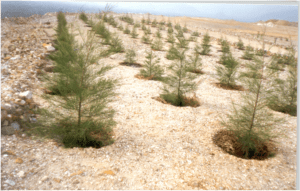

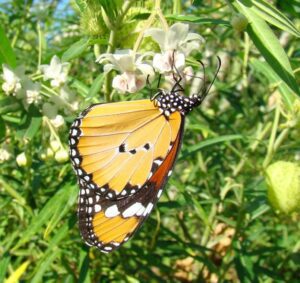

In her insightful perspective, Tejashwini highlighted the significance of evaluating success through metrics such as the number of artisans engaged, the total hours of engagement, and the percentage of wage improvement for reelers and weavers. In this evolving paradigm, the emphasis is on holistic development and empowerment, valuing not just financial gains but also the social and environmental impact of the corporate initiatives.
Kavya’s dealing with UN agency for bulk orders helped integrate SDG parameters within business, sustainable packaging being one area. She recollected engaging Tripti, a Kondha tribe boy who ideated using coconut husk as a sturdy material conducive for international shipping. Her haldi bars shipments are packed with 100% sustainable materials like grass, agro-waste, ropes while the bar to avoid oil leaching use a bees wax cover. This case study has been included in TISS modules as a best practice.


